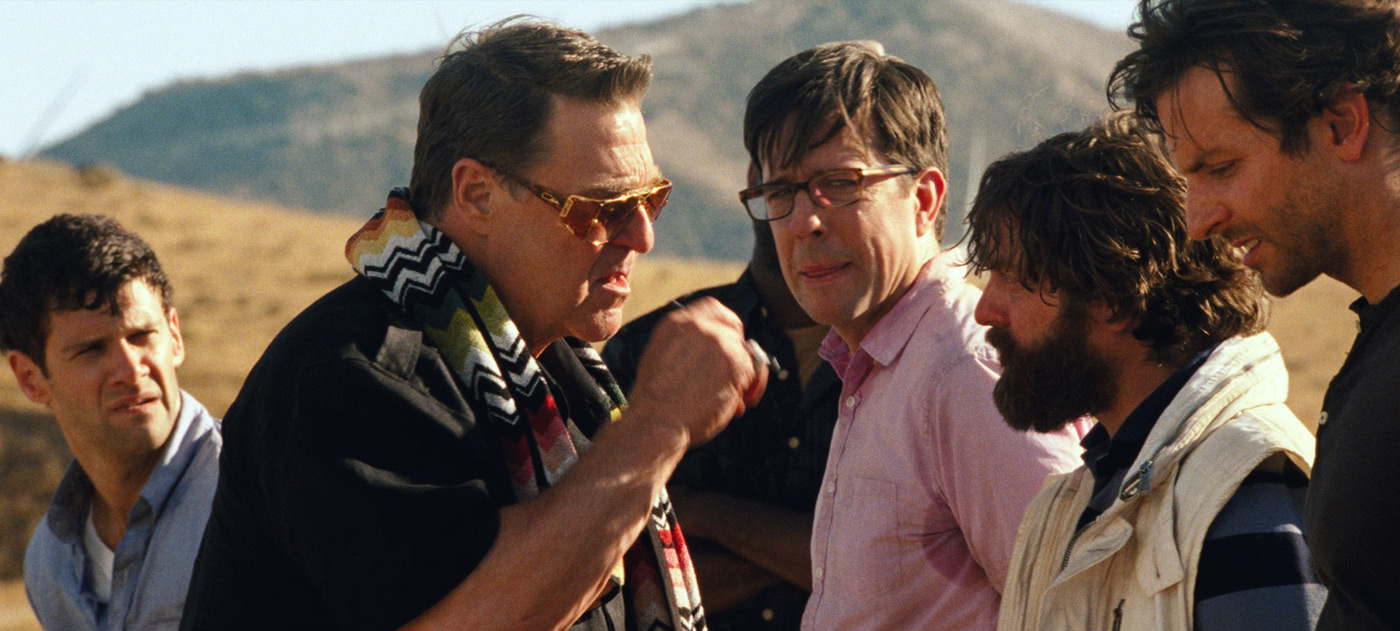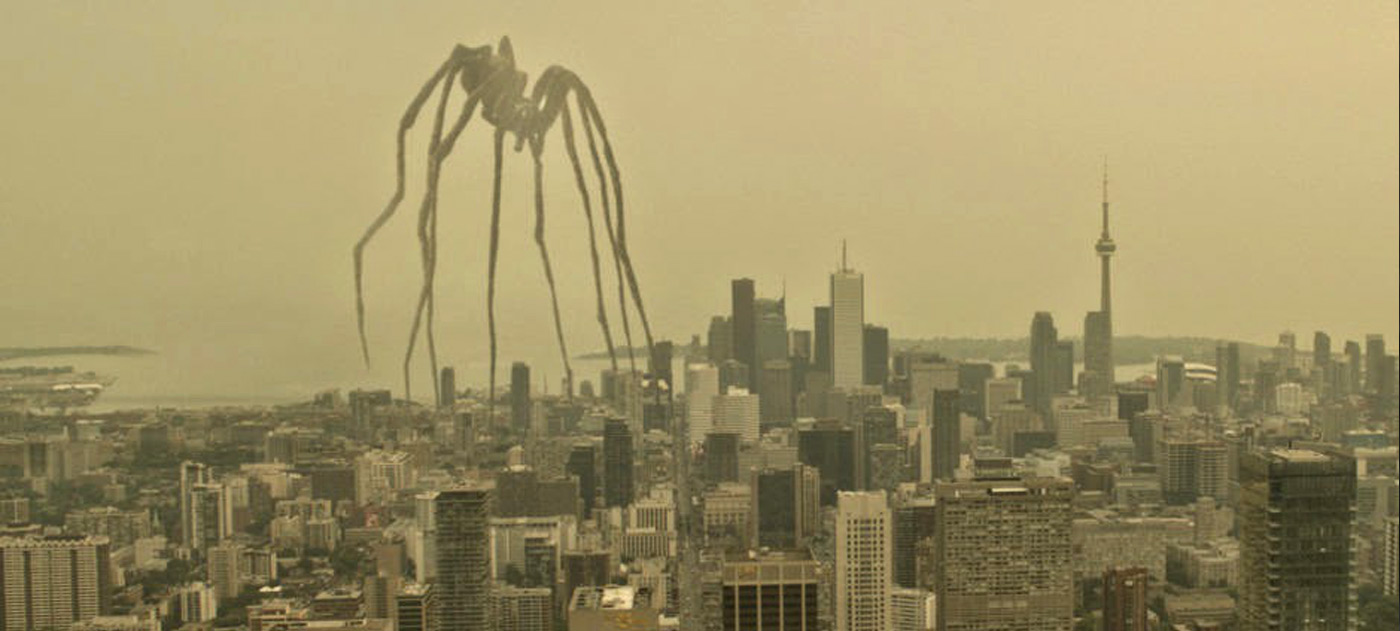If ever there was a film that existed only as a Hollywood vanity project, it would be After Earth. Indeed, this new science fiction adventure thriller stars the real-life father and son team of Will Smith and Jaden Smith, who — beyond a brief prologue and the occasional flashback — are really the only actors on screen for the bulk of the film. Jada Pinkett Smith, meanwhile, serves as producer, alongside her husband, who also has a story credit. As for daughter Willow? Perhaps she’s the best boy grip. Seriously, the only reason this film was made was because the Smith family is filthy rich and famous, and influential enough to spend their money however they please. So they made a movie together, an ostensible star vehicle for young Jaden, following his breakthrough in the Karate Kid remake (which was actually set in China and featured kung fu, but we shouldn’t argue with the Smiths). So completely are the Smith family the focus of the film’s publicity campaign, in fact, that it will surprise you to find out that After Earth is also the latest film by Academy Award-nominated director M. Night Shyamalan (The Sixth Sense).
Set 1000 years after humankind was forced to flee Earth following a manmade environmental cataclysm, After Earth is the story of Gen. Cypher Raige (Smith père) and his teenage son, Kitai (Smith fils). Kitai is training to be a Ranger, just like his father before him, but — as the film opens — he is rejected for being too reckless. Though Cypher, a cold military type, sees his son consequently as a disappointment, wife Faia (Sophie Okonedo) convinces him to take Kitai with him on his last interstellar voyage before retirement, as a father-son bonding exercise. When the ship experiences a mechanical failure, they are forced to crash-land on the nearest planet — which just so happens to be Earth. Who would have thought?
Cypher is injured in the crash, so it’s up to Kitai to activate the rescue beacon, which is located in the tail end of the spacecraft. The only problem is that the tail end broke apart in the explosion and landed on Earth many kilometres away. And so Kitai must travel the great distance on foot, on a planet whose air is unbreathable for humans, evading dangerous wildlife along the way. By journey’s end, Kitai will have accomplished precisely what you expect him to, proving his heroism and building a closer relationship with his previously distant father. I’d put a spoiler alert only if this film were not entirely formulaic; the plot never rewards its viewers with any kind of surprise or inventiveness, a fact which left me wondering why I’d bothered to sit through the film at all.
Kitai’s expedition is what takes up most of the film’s running time — Will Smith’s role is truly a supporting one here — so the success of After Earth is primarily the responsibility of Jaden alone. This is a daunting task for any actor, let alone one barely old enough to shave, and… well, it evidently proved too daunting for Smith the Younger. Between his wooden delivery, and the total lack of personality in his performance of Kitai, it’s clear that Jaden is not the next Haley Joel Osment. Nor is he even the next Will Smith, who attained superstar status and two Oscar nominations more through electrifying charisma than through actorly technique. If Jaden does hope to spend his career in the family business, let’s hope that he sees the value in training and practice; otherwise he may have a rough time landing roles in films not produced by his parents.
Jaden’s performance, lacklustre as it is, at least is in good company. This is not the kind of film that allows actors to shine. Will Smith, normally so full of life, subdues his sparkle here to play the gruff and hard Cypher. Okonedo, so luminous in her Academy Award-nominated performance in Hotel Rwanda, is utterly wasted in a barely sketched worried mom role. Zoë Isabella Kravitz, as Kitai’s long-dead sister, is really the only other actor that registers, but she’s only ever seen through distracting flashbacks that gradually reveal her tragic fate.
After Earth also fails in its attempts to convey a distant future. It’s not that these attempts are not believable (though the CGI is terrible, especially in an episode that features a protective motherly bird); it’s just that, again, there’s nothing clever, nothing original, about them. We’ve seen everything before. The characters, for instance, wear skintight black spacesuits with sneaky storage flaps for all manner of supplies. It’s also that kind of futuristic film where you operate a spacecraft by waving your hand across a hologram control panel in midair. Making matters so much worse, every character speaks with a millennium-from-now accent that makes them sound like a German theatre troupe performing a play set in Boston.
There’s honestly no reason to see this film, unless perhaps you’re a die-hard fan of Shyamalan — but even he’s just a director-for-hire on this one. Shyamalan is a filmmaker with a very distinct aesthetic; all of his films — no matter how critically maligned many of them have been in recent years — are most recognizably his. But his presence is never felt in After Earth. He’s merely the director of a film whose every bit belongs to the Smith family. And, with After Earth, the Smiths are not interested in making art. This is just business. You can tell.










Fantastic Four
Fantastic Four